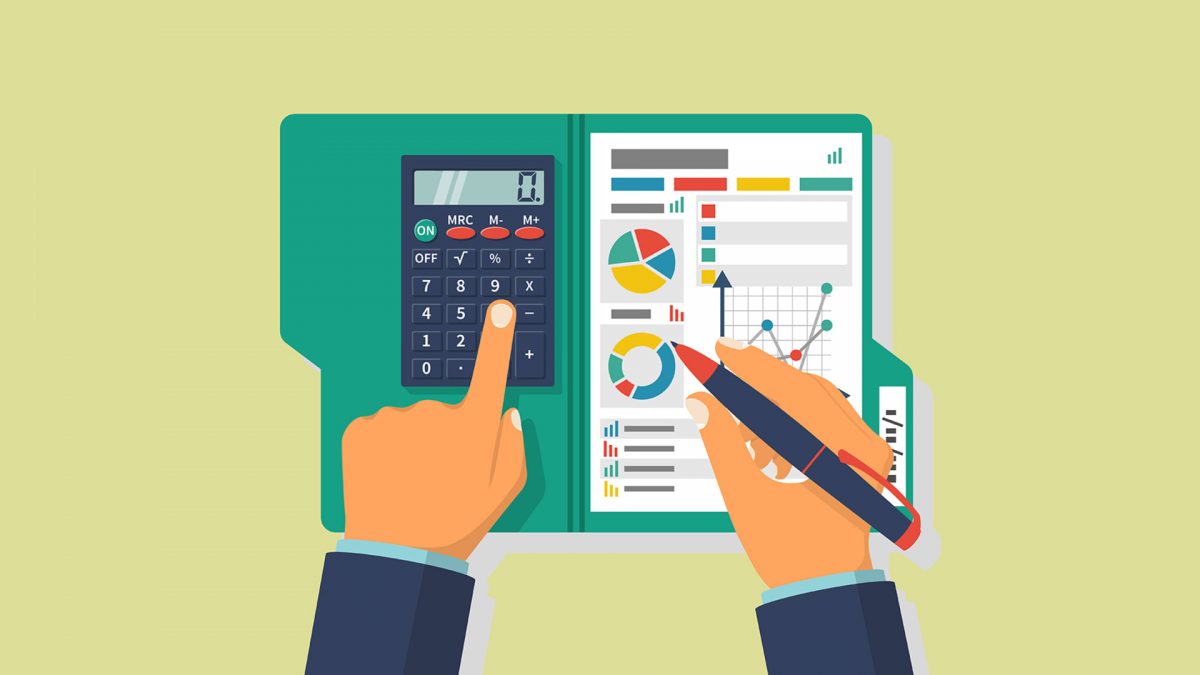Australian Small Business Tax Guide
The information on this Australian Small Business Tax Guide can help you take all the deductions you can from your income tax return. It is basically a set of general advice about all the Australian tax deductions. And what you can do to claim them. A lot of people think that tax deductions are only for people who earn very large incomes. But that’s not true. All kinds of taxpayers can make the most of tax deductions, including those who have a base salary or salaries, those who receive rental accommodation as their principal residence, and those who use their home as their principal place of work.
Things That Covers Tax
Rental Income
The first area that the Australian small business tax guide covers is rental income. Rental income is something that might be claimed back every year. If you rent a part of your house as your principal residence, you can claim a deduction on this basis every year. You can also claim it back if you use a car or other depreciated asset to help you get to work, such as public transport. You also need to ensure that you’ve paid enough rent over the years to make you liable to take the deduction.
Rental Business Benefits
Another area covered by this Australian small business tax guide is the rental business benefit. This area of the guide focuses on the tax relief that is available if you have invested in a rental property over a period of at least 2 days. This comes from the fact that you will be eligible to claim a tax reduction if you use the rental property for more than a year. This tax relief is based on the percentage of the value of the property that has been used.
Business Assets
Business assets are one of the areas that this guide focuses on, especially if you’re running a business that earns enough to be able to claim expenses related to capital gains, capital expenditure, and other standard commercial taxes. To qualify for a large amount of instant asset tax write-offs, you can claim a business asset in your income tax return.
This is a special tax benefit that will save you a lot of money. This Australian small business tax deductions guide will teach you what things to include in your business asset statement and how to maximize the number of credits you get.
Various Deductions You Can Take
When it comes to working out what deductions you can take, the Australian Taxation Office provides a website that contains a wealth of information on all of the various deductions you can claim. The website also provides a glossary of terms that you’ll need to become familiar with. If you need assistance with any of the terms or resources listed there, a tax advisor with knowledge of the Australian taxation system would be a wise person to consult. You can use the Australia tax reference number (AFR) to call them for help. The AFR is a unique number that is assigned to each individual Australian taxpayer, so it’s important to memorise it if you want to refer to it during the course of your consultations with the AFR consultant.
Consumed Tax Deduction Guide
To be eligible for many of the deductions that are discussed in this Australia tax deduction guide, it’s necessary to show that you have consumed a particular amount of rental property within a year. The most common type of deduction is the business expenditure discount. When you incur expenses for office amenities – office furniture, computers, supplies – and that include a room or rooms that are used exclusively for business purposes, you can claim a deduction for that expense. The rules for how much of a deduction you’re eligible for depending on several factors. The location of the business and the nature of the business matter. Your deduction may be limited if you rent one or more premises.
It’s helpful to see an Australia tax guide when you’re thinking about incorporating a business from scratch or expanding your existing business. The guide will cover the importance of classifying your rental property properly with the tax office. It will discuss the types of deductions related to leasing a place to rent, such as depreciation. It will also explain which expenses are allowable and which are not. Taxation laws are very complex and it’s possible that an accountant will miss a qualifying instruction or reference in a tax return.
Conclusion
Using a tax guide to understand your tax obligations is very valuable. If you’re a first-time user of the tax rules and want to save more money, it would be helpful to consult an expert who can walk you through the process. You can get free help online. All you need to do is visit a website that offers assistance to taxpayers like you. By consulting an expert like R T Accounting & Taxation Services, you can save time and money on your business expenses.


